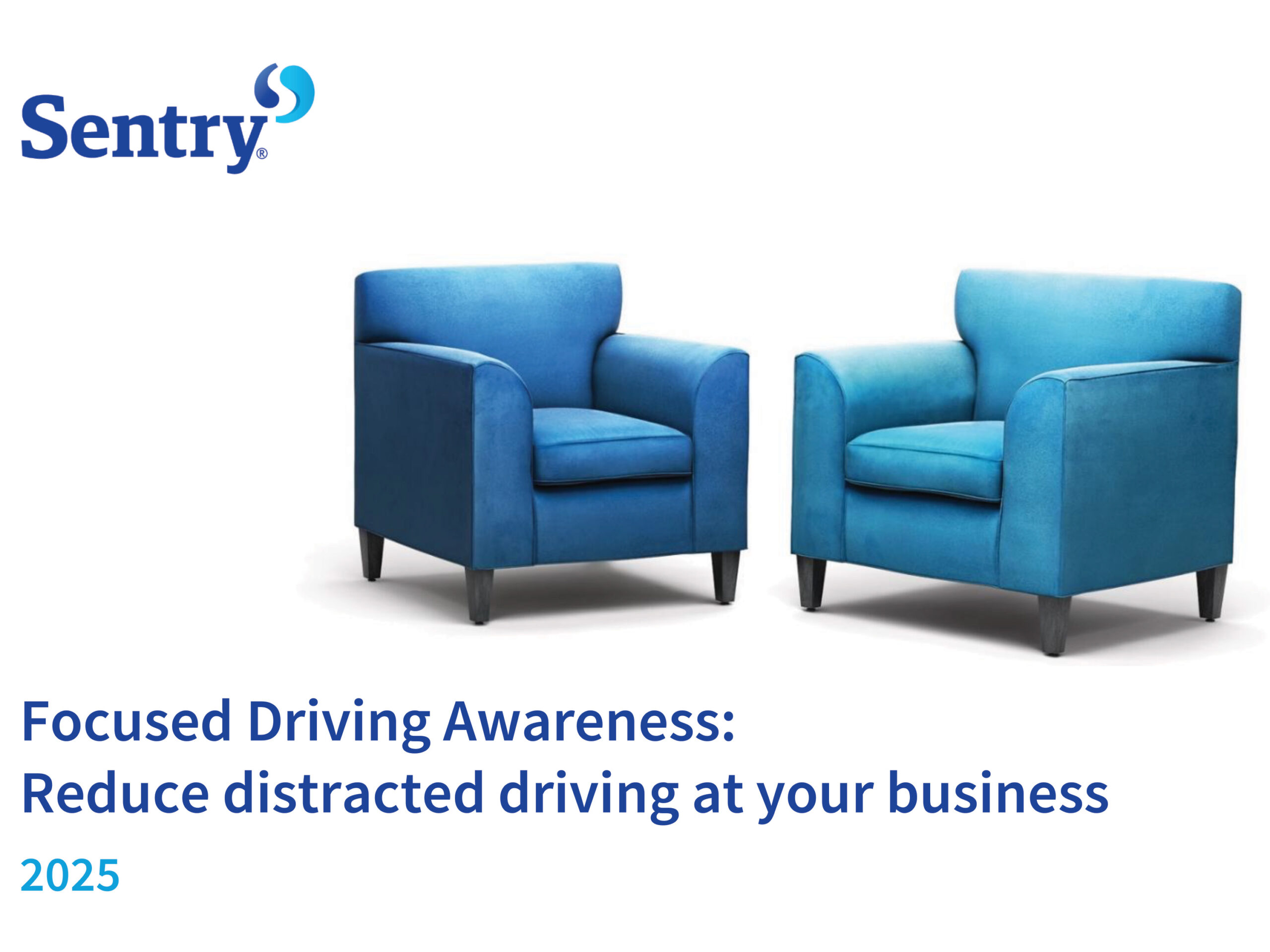Risk Insider: Jeff Driver
Hooba-Dooba! Digital Health Care Reality
“Jane, stop this crazy thing!” George yells.
He’s stuck on a treadmill that he can’t turn off, and seems in peril of being flung into the sky. In addition to “Hooba-Dooba,” (indicating both surprise and appreciation) this is George Jetson’s common response to interacting with the once fantastical technological advances of his life in Orbit City.
The Jetsons predicted it all. From video calls to smart homes, delivery drones to flying cars, the technology once only imagined by the animators at Hanna-Barbera has altered the shape of contemporary life. These technologies are no longer a futuristic dream; rather, they are an emerging reality.
Health care too is embracing revolutionary and rapidly evolving digital medicine that a decade ago we could hardly conceive of.
Experts explain digital medicine as the convergence of the digital and genomic revolutions with health care to better track, manage and improve our health to live better, more productive lives and to improve society. In many cases, it can also impact inefficiencies in health care delivery, such as improve access to care, reduce health care costs, increase quality, and make the delivery of care more personalized and precise.
For examples, several apps exist for the early detection of melanoma, offering users the ability to snap photos of moles and skin conditions and send them in for almost instant analysis. Smart, cell-based therapeutics are being developed that can monitor and even regulate insulin delivery through the use of a smart phone. There are also apps to assist with mental health, including guided meditation, reduction in negative thinking, and mindfulness. These programs integrate almost seamlessly with our every day lives.
But in health care risk management, we know that it’s not quite so simple, and the “rewards” that digital medicine can offer do not come without risk. It’s our job to identify and mitigate these emerging risks; which can have potentially damaging effects on patients and organizations:
Cyber security/Privacy/Hacking: As medical devices are increasingly connected to the internet, hospital IT systems, and other medical devices, there is a higher risk of hackers collecting sensitive information, or worse, interrupting life-critical systems that protect human life.
Misdiagnosis/Inaccuracy: While rife with potential for preventative health care, some apps have been developed without being validated for diagnostic accuracy or utility using the highest standards in research methods.
Ethical Breaches: As digital data production, storage, and analysis continue to advance, the way that biomedical research is conducted has changed; the ethics of data-driven biomedical research must keep pace with these transformative developments.
With of each of these risks arise salient questions, potential vulnerabilities, and possible solutions, which we will explore further in PART II of this segment. Digital medicine will continue to grow and spread, in fact, the FDA has allocated resources to facilitate its development. We look to a future full of both risk and possibility, particularly as these rapidly evolving technologies are applied in healthcare.
Hooba-dooba indeed.








